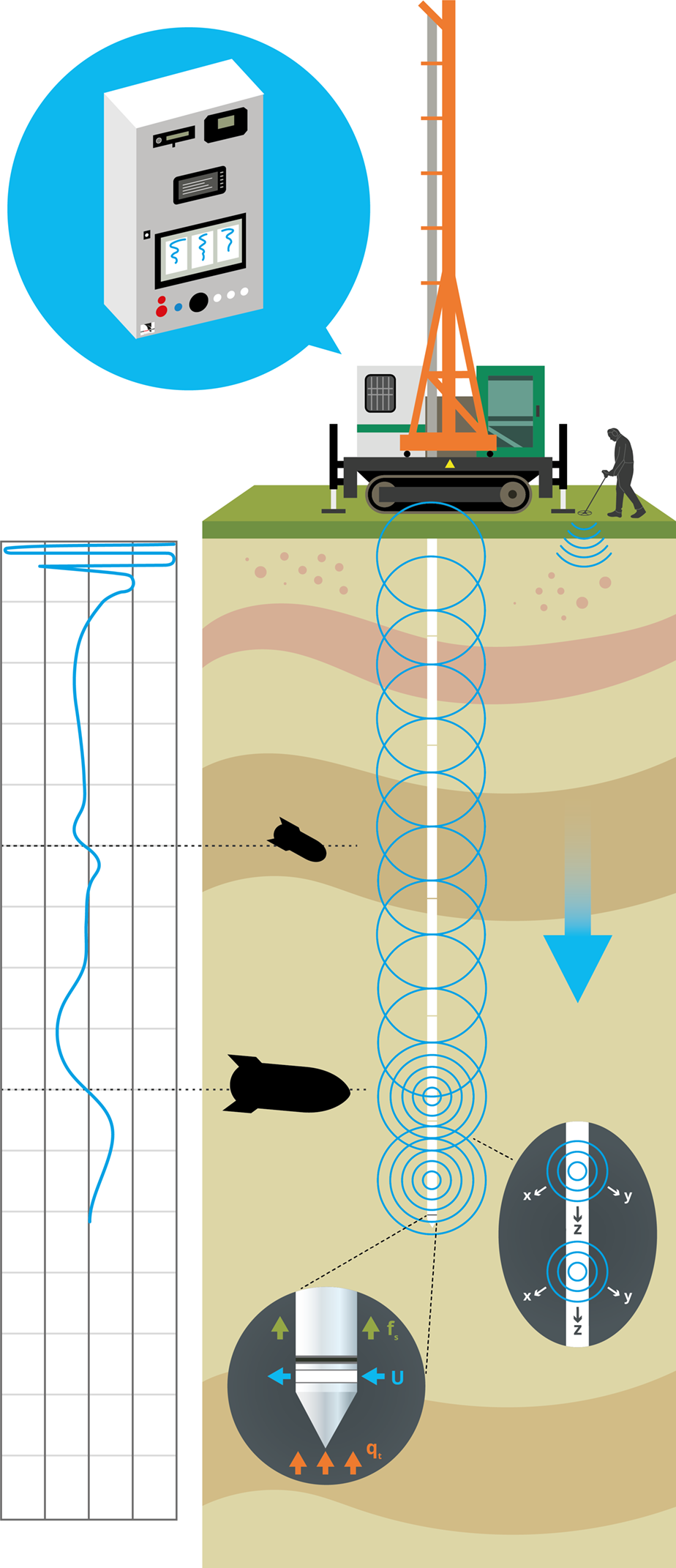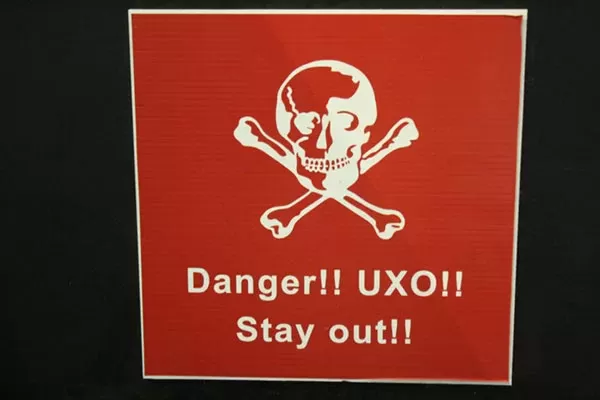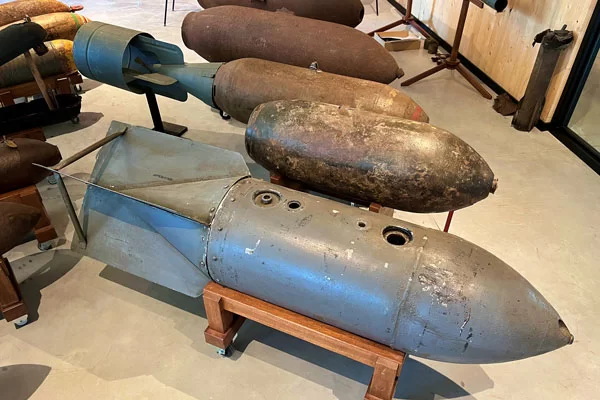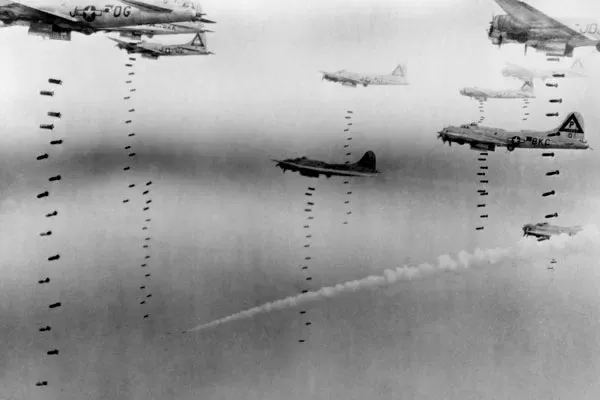UnExploded Ordnance
UnExploded Ordnance
UnExploded Ordnance (UXO) also known as unexploded bombs (UXBs), and explosive remnants of war are explosive weapons (bombs, shells, grenades, land mines, naval mines, cluster munition, and other munitions) that did not explode when they were employed and still pose a risk of detonation, sometimes many decades after they were used or discarded. On average 10% of explosive weapons fail up on usage or discarded.
Unexploded ordnance from at least as far back as the mid-19th century still poses a hazard worldwide, both in current and former combat areas and on military firing ranges. A major problem with unexploded ordnance is that over the years the detonator and main charge deteriorate, frequently making them more sensitive to disturbance, and therefore more dangerous to handle.
Construction work may disturb unsuspected unexploded bombs, which may then may pose a risk. Reducing risks, creating a safer working environment and reducing consequential damage costs is a key element in contemporary architectural project development.
Especially for contractors a pre-conducted soil survey for UXO can reduce underground risks in relatively soft ground and where UXO or buried obstacles are to be expected. Clearing the way for excavation, piling, etc. by confirming that a construction site is free of UXO or buried obstacles can be essential.
Depending on local circumstances like soil type and the soil conditions (wet/dry) at the moment of use, the ordnance might shoot to greater depth in the soil layers. Depending on those variants, position of the hard soil layer and possibly later applied soil depths the UXO can be buried approx. 10 to 12 meter deep or more. Detecting UXO at depths of between 2 to +12 meters requires so called deep UXO detection also known as intrusive UXO survey.
Based on local laws and/or requirements obstacles found can be avoided or one can choose to have these obstacles being excavate, approached, investigated, identified and then being removed by governmental military ore private sector bomb disposal professionals (EOD).



